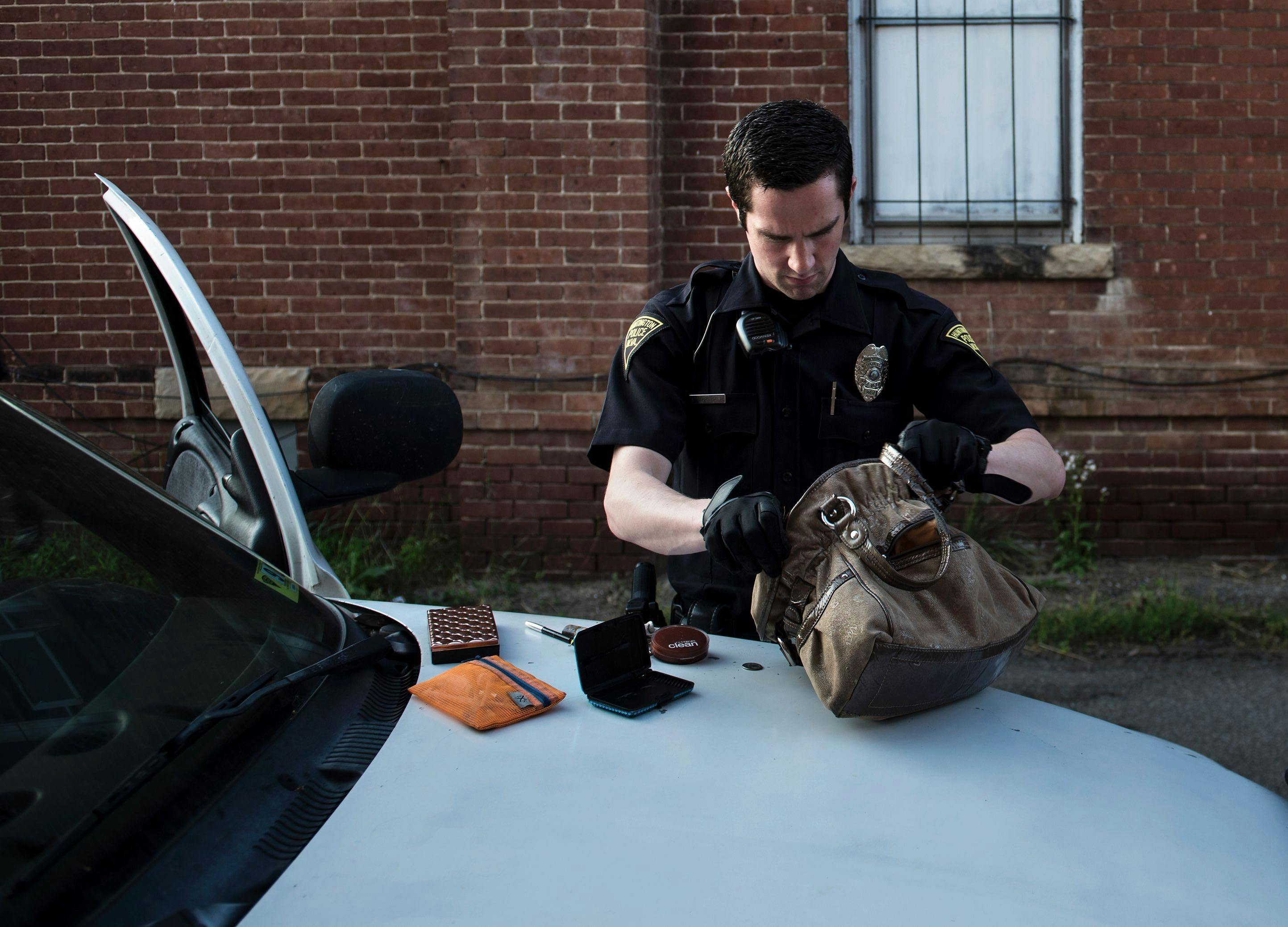
In State v. Garner, No. 56861-6-II (2023), the WA Court of Appeals held that a driver’s consent to search their car does not extend to searching the contents of closed containers inside the car that do not belong to the driver.
BACKGROUND FACTS
A police officer arrested Mr. Garner on an outstanding warrant after stopping a car and encountering Garner as a passenger. Garner tried to flee on foot but the officer apprehended him. After placing Garner under arrest, the officer spoke with the car’s driver, who said Garner left three backpacks behind in her car. The officer asked the driver for permission to search the car and she granted it.
The officer then searched Garner’s backpacks without requesting his permission and found controlled substances. Later testing established that the controlled substances found in the backpacks were 86.9 grams of methamphetamine and 3.8 grams of heroin.
The State charged Garner with two counts of possession of a controlled substance with intent to deliver. Before trial, Garner moved to suppress evidence obtained from the warrantless search of his backpacks. The trial court denied Garner’s suppression motion. After a bench trial, the trial court found Garner guilty of both counts of possession with intent to deliver.
On appeal, Mr. Garner argued that the trial court improperly denied his suppression motion.
COURT’S ANALYSIS & CONCLUSIONS
In short, the WA Court of Appeals held that the trial court should have granted Garner’s suppression motion. It reasoned that a person’s bag or closed container heightened protection under the federal and state constitutions. It emphasized that the Washington Supreme Court has also recognized an expectation of privacy in purses, briefcases, and other traditional containers of personal belongings.
Here, the defendant passenger had a legitimate expectation of privacy in the backpacks he left inside the car when he fled from the police during a traffic stop. He did not abandon the backpacks or relinquish his privacy interest in them because he was in the vehicle with permission, and took steps to conceal the backpacks from the officer before fleeing.
The Court of Appeals also reasoned that that the driver’s consent to search her car did not extend to Garner’s backpacks.
“Garner had a reasonable expectation of privacy in his backpacks. And while Washington case law does not squarely address whether a passenger has a reasonable expectation of privacy in items left in another’s car, our cases point to the conclusion that Garner did not relinquish his expectation of privacy when he left his backpacks in the driver’s car. Unlike the defendant in Samalia, Garner did not leave his backpacks in a stolen car. He left them in a car he had occupied with the driver’s permission.”
“And unlike the defendant in Reynolds, he did not remove the backpacks from the car and leave them on the road. Rather, Garner, who lacked housing, left his belongings with a person he knew. Moreover, Garner never disclaimed ownership of the backpacks. He took the time to put two of the backpacks on the vehicle’s rear floorboard and tried stowing the third backpack under the driver’s seat. The circumstances lend themselves to the conclusion that he intended to safeguard the backpacks until he could recover them.” ~WA Court of Appeals.
With that, the Court of Appeals reversed Garner’s convictions because the trial court should have granted his motion to suppress.
Please contact my office if you, a friend or family member are charged with a crime. This is especially true if Search and Seizure issues are involved. Hiring an effective and competent defense attorney is the first and best step toward justice.














